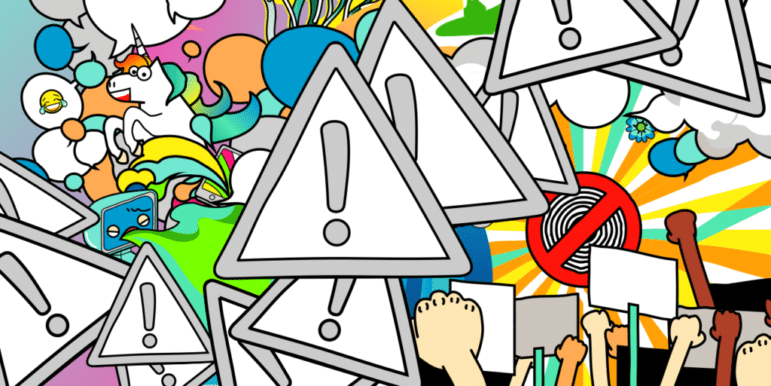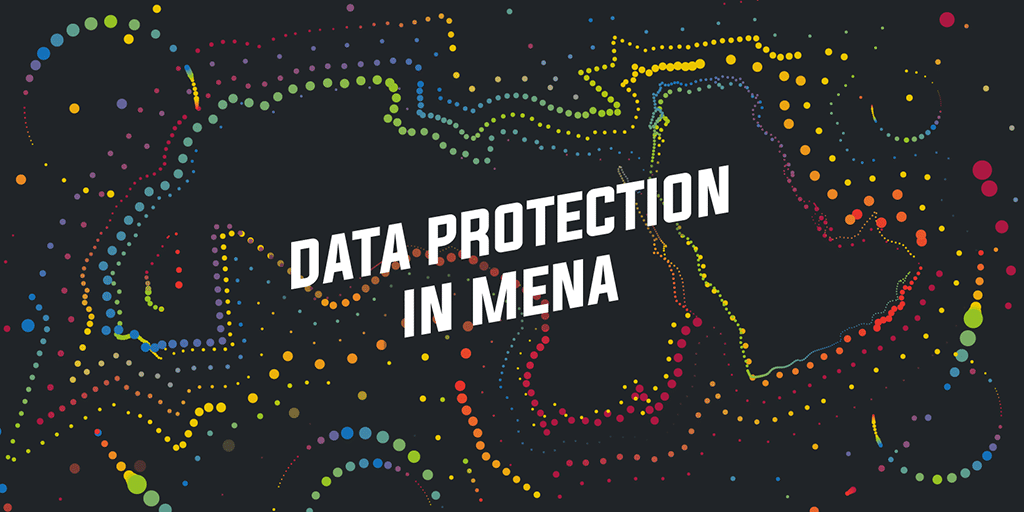
Israel’s digital occupation of Palestine
Access Now stands with the people of Gaza who are currently living under a complete siege imposed by the Israeli military, indiscriminate airstrikes targeting civilians and civilian infrastructure, and cutting off of fuel, food, water, and medical supplies. We also stand in solidarity with everyone in Israel, Lebanon, broader Palestine, across the region, and around the world who are personally impacted by this conflict and whose communities have been targeted with violence.
Attacks on digital rights in times of conflict and crisis enable offline human rights abuses and exacerbate people’s suffering. The protection of free expression and access to information is a lifeline for people struggling to keep themselves and their communities out of harm’s way, and upholding the right to free association and peaceful assembly is vital for expression of solidarity as well as a pathway for demanding accountability from parties to the conflict. We call for an immediate ceasefire to prevent the worsening of the ongoing humanitarian catastrophe and further loss of innocent lives.
Civil society actions
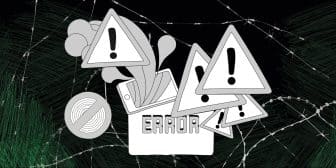
It’s not a glitch: how Meta systematically censors Palestinian voices
This Access Now report documented cases of how Meta censors Palestinian voices on Facebook and Instagram.
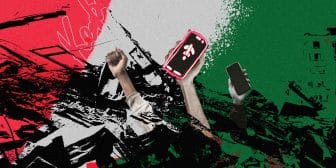
A week in the dark: connectivity in Gaza must be restored now
For a week, Gaza has been under a complete internet and telecom blackout, the longest since October. The international community must act to #KeepItOn.
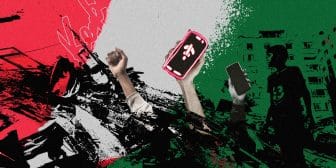
Depleting fuel and infrastructure damage: Gaza’s internet lifeline must be saved
“With an impending internet blackout in Gaza, Access Now and Human Rights Watch received a response from Paltell Group emphasizing Israeli attacks on infrastructure as key blackout contributors and citing challenges in making repairs without a ceasefire.
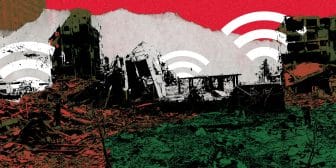
Palestine unplugged: how Israel disrupts Gaza’s internet
This report illustrates the state of Gaza’s internet throughout October 2023 by looking at internet traffic by ISPs and locations.
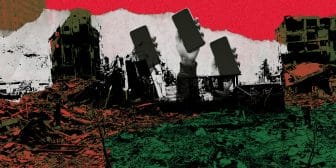
Gaza’s last link is gone: civil society urges immediate reversal of total communications blackout now shrouding human rights harms
Access Now and the MENA Alliance for Digital Rights call for immediate restoration of telecoms and internet connectivity in the Gaza Strip.

Human rights organizations join the open call for an immediate physical and digital ceasefire in Gaza, and for Palestinians globally
We call on international actors to support an immediate ceasefire in Gaza, along with a “digital ceasefire” to protect Palestinians in online spaces globally.

Precise interpretation of the DSA matters especially when people’s lives are at risk in Gaza and Israel
The Digital Service Act (DSA) must not be exploited in times of conflict or crisis. The E.U. must respect due process when enforcing the DSA during ongoing armed conflict in the Gaza Strip.

Joint statement: Restore telecoms and internet connectivity in Gaza now!
The MENA Alliance for Digital Rights and other CSOs condemn Israel’s targeting of the means of communication in Gaza.

#KeepItOn: Telecommunications blackout in the Gaza Strip is an attack on human rights
People living in the Gaza Strip have been enduring a near-complete communications blackout, constituting a violation of human rights.
Guides
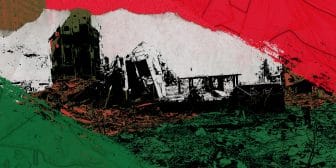
Staying safe online in the context of conflict in Gaza
This digital resilience tipsheet compiled by Access Now and SMEX is designed to support you in defending against reported threats.
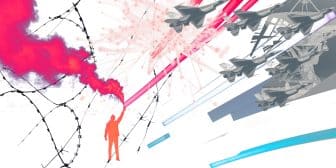
Tech and conflict: a guide for responsible business conduct
This guide is meant to help tech companies think through the impacts of their decisions in the context of conflict.
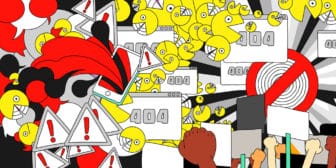
Content governance in times of crisis: how platforms can protect human rights
The “Declaration for content and platform governance principles in times of crisis” lays out principles for social media platforms to help ensure privacy, freedom of expression, and access to information during crises.

DIGITAL SECURITY HELPLINE
Our Helpline provides 24/7 free of charge technical support for journalists, activists, and human rights defenders
Additional resources
FAQS
What does Palestine’s online space look like?
Historically, online spaces have been more restricted and difficult to access in Palestine than in other countries. This is largely due to interference with available technology, online censorship, and surveillance, including:
- Israel’s long-standing ban on technology upgrades means that people can only access slow, unreliable 2G service in Gaza and 3G in the West Bank.
- Unequal content moderation practices, including by Meta, that disproportionately suppress Palestinian and Arabic-language content, leading to civil society calls to #StopSilencingPalestine.
- Pervasive online surveillance including the use of biometric surveillance technologies and the targeting of Palestinian human rights defenders’ mobile devices with notorious Pegasus spyware, making digital communication unsafe for members of civil society and Palestinians at large.
- Previous military offensives in Gaza, where vital civilian internet infrastructure was repeatedly targeted, leading to near-complete internet blackouts.
Since the Israeli siege on Gaza escalated, access to internet and telecommunications services have been severely limited. This is a result of attacks on civilian infrastructure, fuel depletion, and deliberate shutdowns by Israeli authorities, including:
- Al–Watan Tower, a building that houses media offices and serves as a hub for internet service providers has been targeted by Israeli airstrikes.
- The offices of two other ISPs, Paltel and Jawwal, were also destroyed by Israeli airstrikes in Gaza.
- Based on our analysis of available data, as of October 31, 15 of the 19 providers operating in Gaza were facing a complete shutdown of their mobile and broadband services, and the internet traffic across Gaza had decreased by over 80%.
- As of November 20, there had been four full communication blackouts in Gaza: on October 27-29, November 1, November 5, and on November 16 as Paltel announced the shutdown of their services in Gaza due to fuel depletion.
What can the international community do to defend digital rights for people impacted by this conflict?
Civil society has issued 25 recommendations for parties to the conflict, international organizations, global leaders, private sector actors, and other international stakeholders in support of an immediate physical and digital ceasefire. Individuals can support by holding their home governments accountable for responding to these calls to action, speaking out in support of a ceasefire, seeking out trustworthy news sources, and amplifying the voices of Palestinians who are being silenced online.
Latest updates

EU-Israel data transfer adequacy greenlit again: NGOs call for scrutiny over red flags
Access Now and other organisations are calling on the European Commission to scrutinise its decision to re-confirm the data transfer adequacy with Israel.
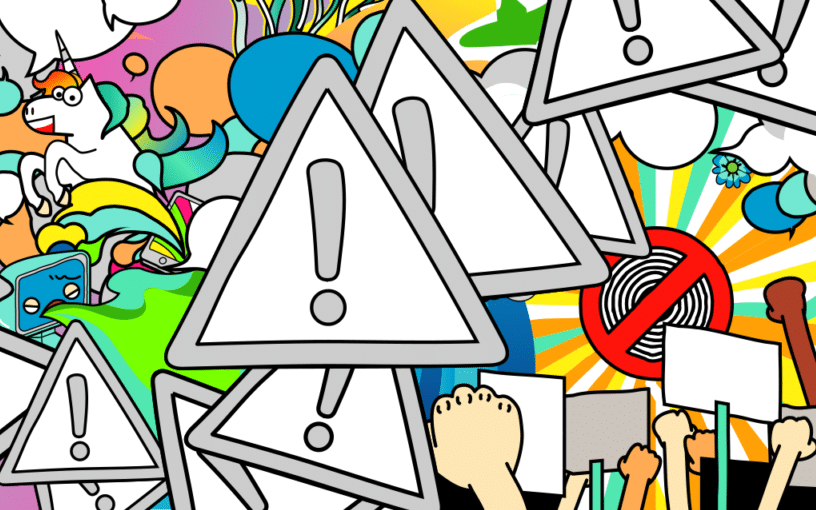
What exactly is Instagram’s political content filter filtering out?

Meta’s long-standing problem with “shaheed”

Meta is revisiting its hate speech policy on Zionism — here’s why it’s (still) a bad idea
Meta is (re)considering how to moderate content involving the term “Zionist.” Here’s why this hate speech policy is (still) a bad idea.
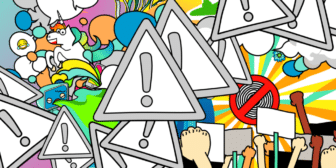
A step in the right direction: Meta Oversight Board’s opinion on the term “shaheed”
Access Now welcome the Oversight Board’s opinion urging Meta to end its blanket ban on the term “shaheed” when referring to individuals designated as dangerous.

Dissecting the ‘TikTok problem’

Genocide in the digital age: what role do social media companies play?
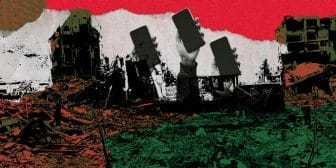
Palestinians struggle to connect and get news amid digital shutdowns in Gaza: “without the internet everything stops”

How is Israel’s arms industry profiting from the war on Gaza?

It’s not a glitch: how Meta systematically censors Palestinian voices
This Access Now report documented cases of how Meta censors Palestinian voices on Facebook and Instagram.

Meta must act: stop the systematic censorship of Palestinian voices
Meta’s ongoing censorship of Palestine-related content during times of conflict is a systemic issue, not a glitch that needs addressing.
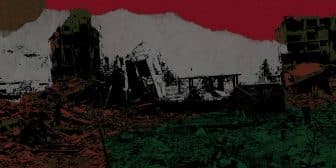
A coalition of international organizations demands that Meta refrain from censoring criticism of Zionism on its platforms
Access Now joins over 70 civil society organizations in urging Meta to abstain from censoring criticism of Zionism on its platforms.

